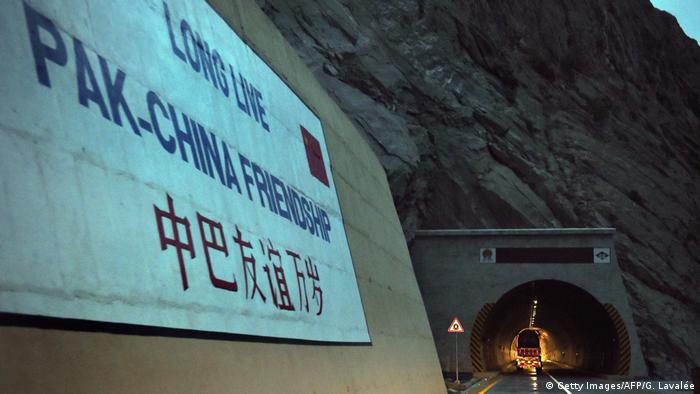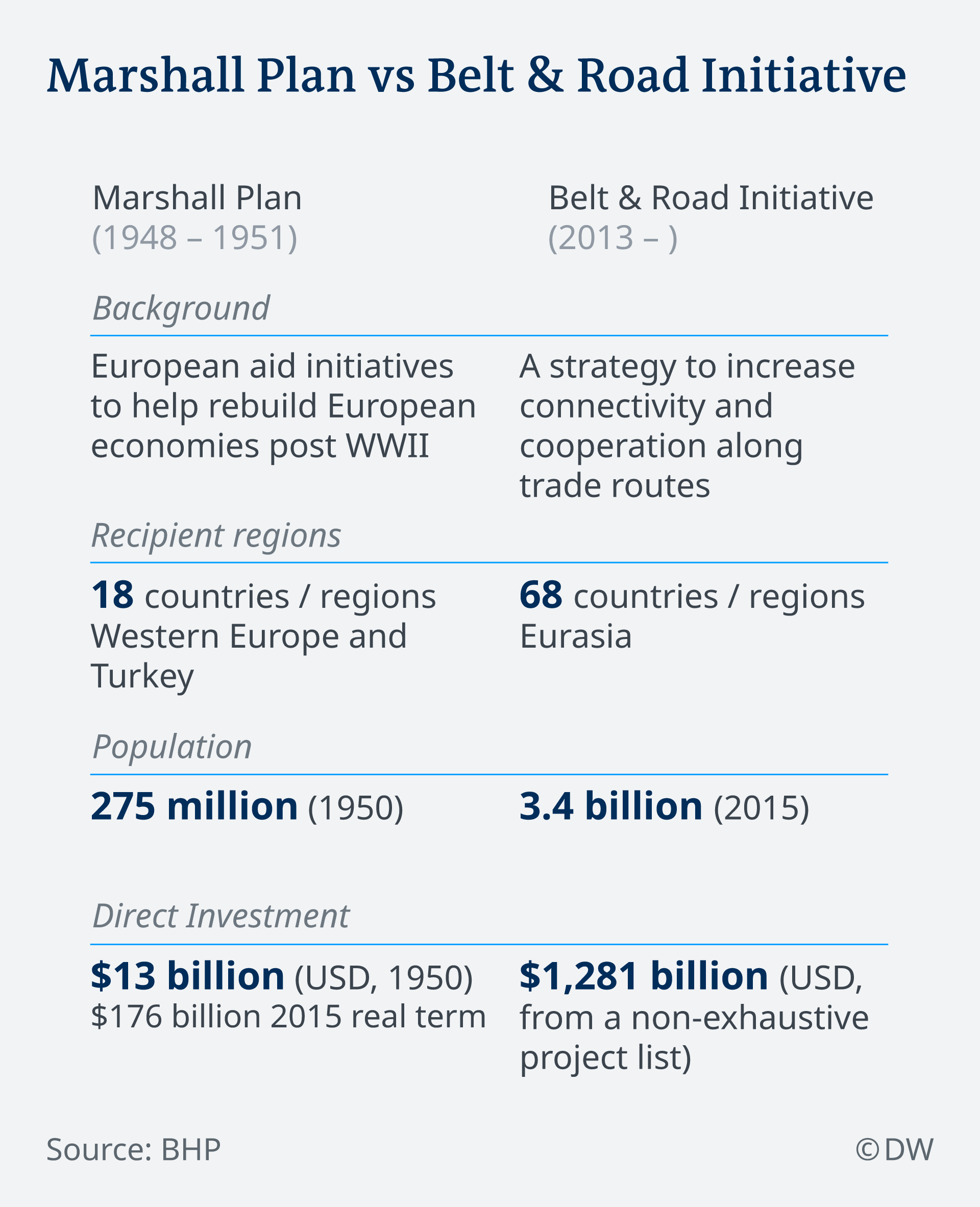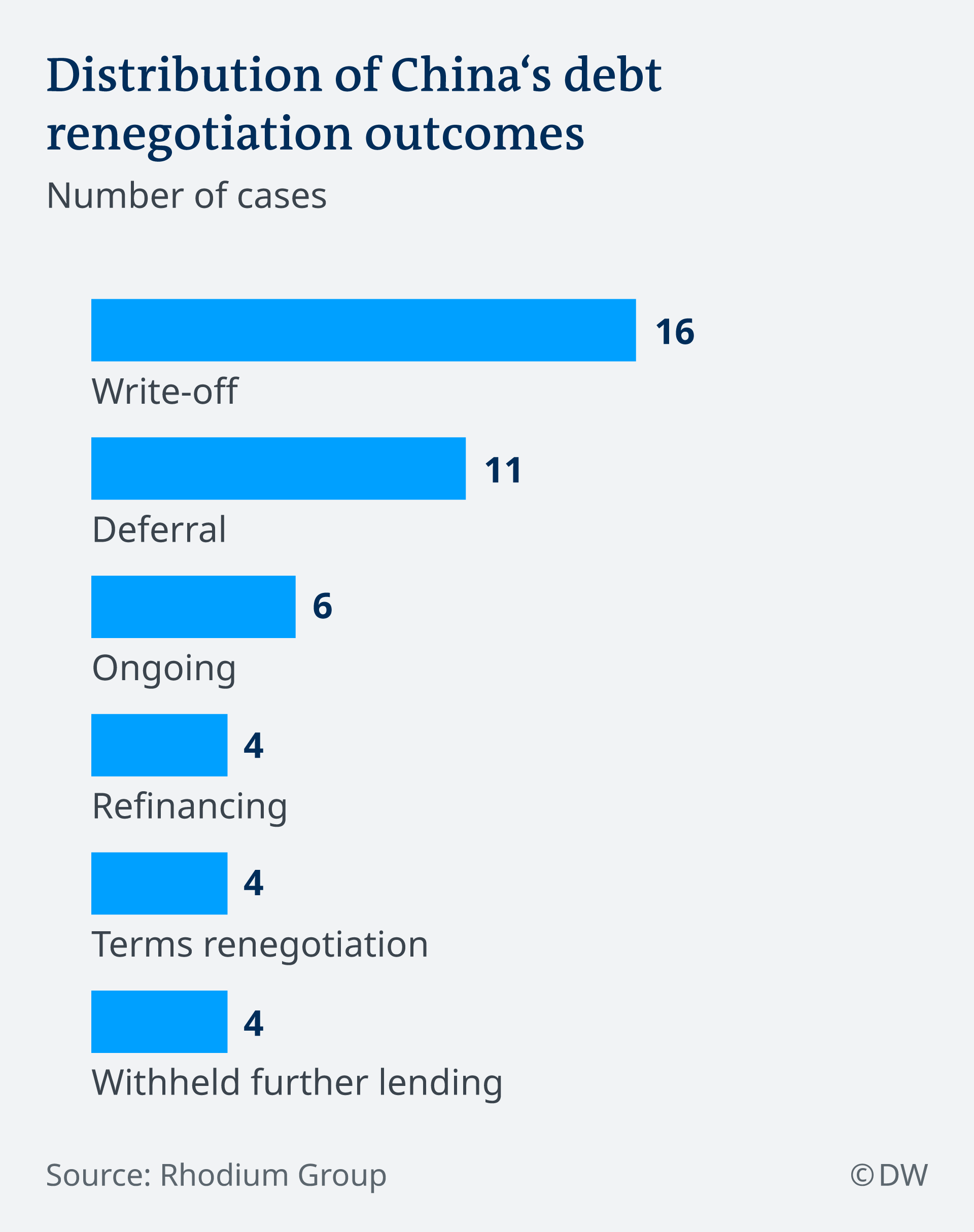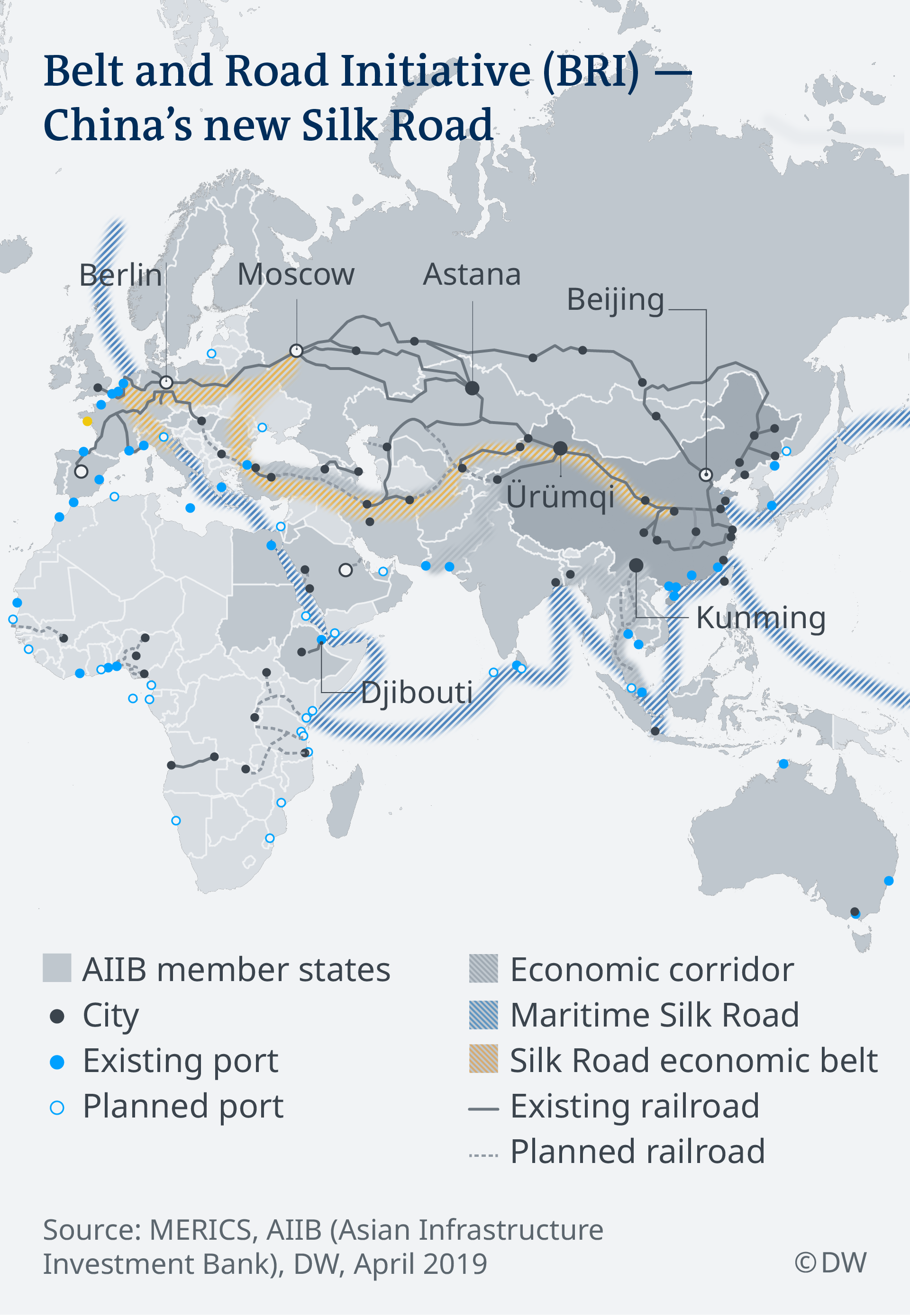Debunking 'debt-trap diplomacy'
But a new report by New York-based consultancy Rhodium Group challenges the myth surrounding China's "debt-trap diplomacy."
The authors of the report, who analyzed 40 cases of Chinese debt renegotiations with 24 countries, found that only the Sri Lankan case involved a confirmed asset seizure, while China's taking control of a piece of land in Tajikistan in 2011 may have been in exchange for debt forgiveness.
The analysis showed that China mostly deals gently with its delinquent borrowers. The country has renegotiated $50 billion of loans in the past decade with debt waivers and deferments the most common outcomes.
The renegotiated loans account for a significant portion of China's overseas lending. Academics at the China-Africa Research Initiative at Johns Hopkins University in the US have been tracking $143 billion worth of loans in Africa between 2000 and 2017, while researchers at Boston University have identified more than $140 billion in Chinese loans to Latin America and the Caribbean since 2005.
The report found that creditors had more leverage over China when they had access to alternative financing sources such as the International Monetary Fund or international capital markets.
Curious case of Africa
China hawks in the West have often expressed their uneasiness at the country's deepening economic and military ties with Africa. China surpassed US as the continent's largest trading partner in 2009.
John Bolton, the US national security adviser, said late last year China was making "strategic use of debt to hold states in Africa captive to Beijing's wishes and demands."
Yet, a closer examination of Chinese loans shows that signing up for the BRI has not translated into African countries receiving more loans from Beijing, Jordan Link, research manager at the China-Africa Research Initiative, told DW.
On the contrary, annual lending to Africa fell significantly following the BRI announcement in 2013 and has hovered around those levels ever since. The Chinese Eximbank, the largest source of Chinese lending to the continent, has significantly reduced its lending in the past five years.
"If [Chinese President] Xi Jinping is using the BRI to marshal a confluence of economic and strategic gains in Africa, increased Chinese loan totals have not been a key factor," Link said.
Risky affair
China lacked leverage in the case of resource-backed loans, the report showed.
The Asian economic powerhouse has struggled to collect its debt from Venezuela, the country's largest overseas creditor with over $60 billion worth of loans since 2007. Beijing was expecting to be paid in oil exports but Venezuela's political turmoil and a declining oil production has meant that it has only been receiving the interest on its loans.
Similarly, China struggled to get Ukraine to repay a loan, which was supposed to be repaid in the form of grain shipments. Beijing had to ultimately resort to international arbitration to resolve the dispute.
"The Ukraine case shows that despite China's size and growing international economic clout, its leverage in some of these cases remains quite limited, even in disputes with much smaller countries," the report said.
'Unsustainable' loans
But the concerns of the Western politicians are not completely unfounded.
"The sheer volume of debt renegotiations points to legitimate concerns about
the sustainability of China's outbound lending," the report said, warning that the number of distressed countries could rise in the next few years given that many Chinese projects were launched from 2013 to 2016.
Chinese state-owned companies are preferred to develop the Chinese-financed projects — often without a transparent bidding process. This opacity creates opportunities for corruption and is seen as an incentive to inflate project costs. There are also concerns about the construction quality. Overpriced projects and a rising reliance on Chinese debt have made many developing countries wary of the ambitious project.
The study also found that debt waivers by China are sometimes followed by more, often bigger loans and are not aimed at reducing the delinquent borrower's indebtedness to China. Beijing wrote off $7 million of Botswana's debt last year only to allegedly offer as much as $1 billion in new infrastructure financing.
Gaining influence
The report said debt waivers were often conceded by Beijing without a formal renegotiation process, even when there were few signs that the borrower was facing financial distress.
This shows that the write-offs were probably meant to signal support to the borrowing countries, and improve bilateral relations, it said.








No comments:
Post a Comment